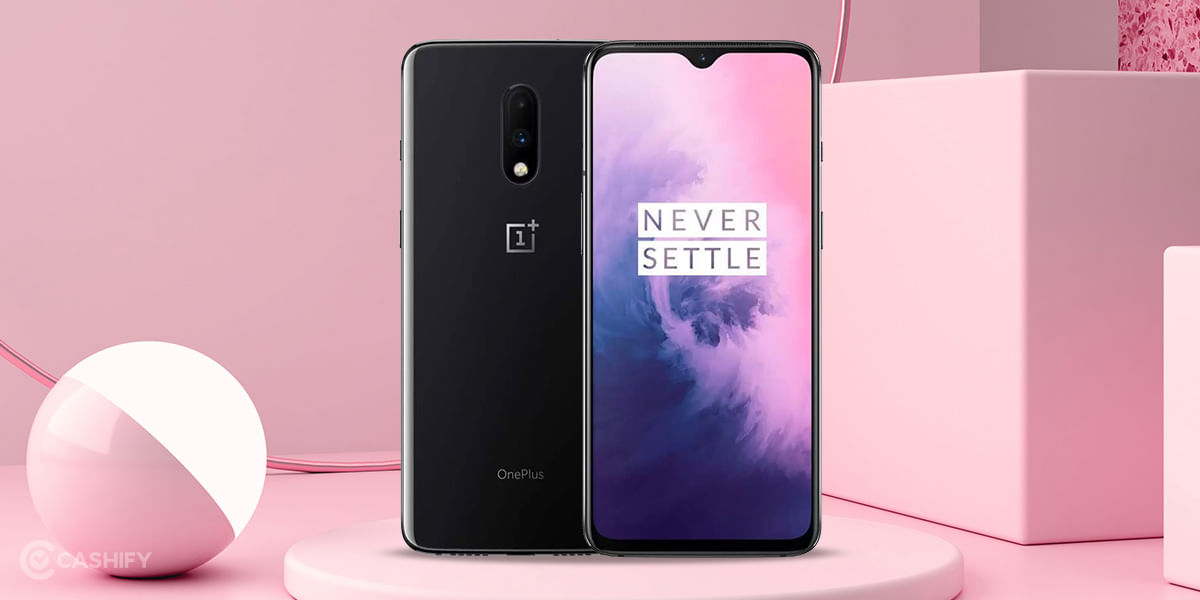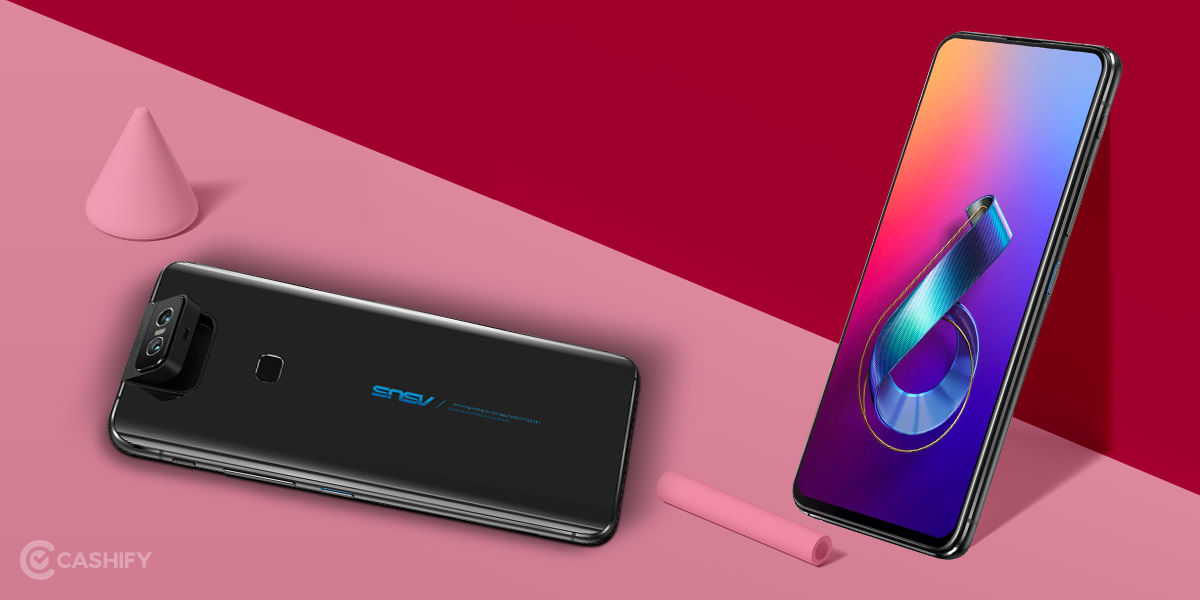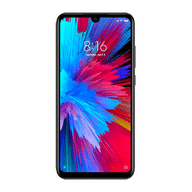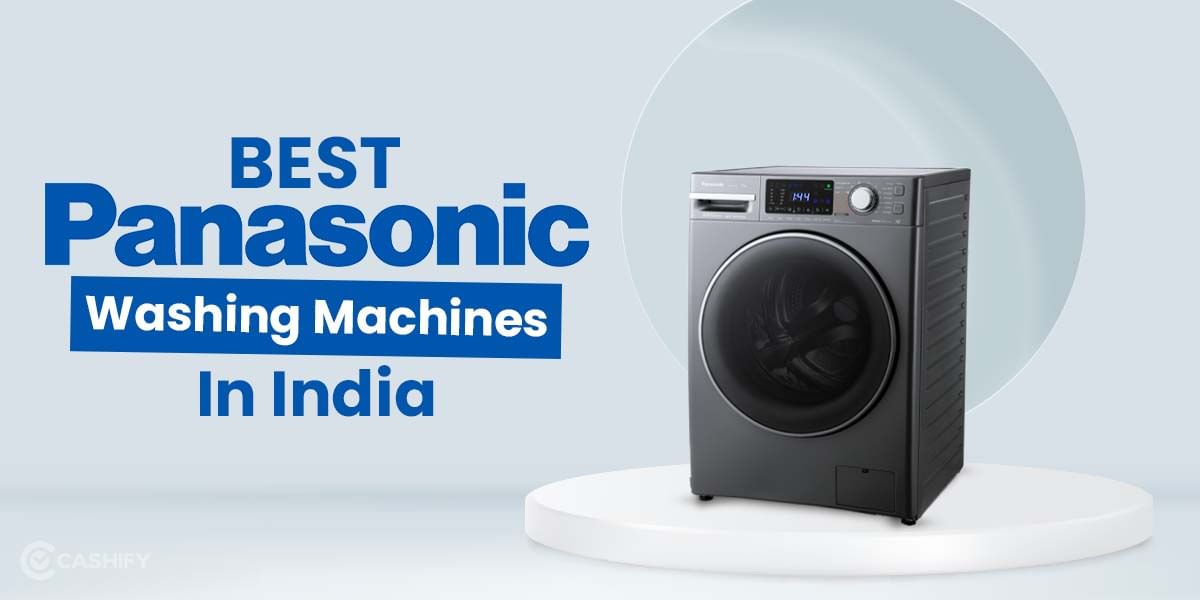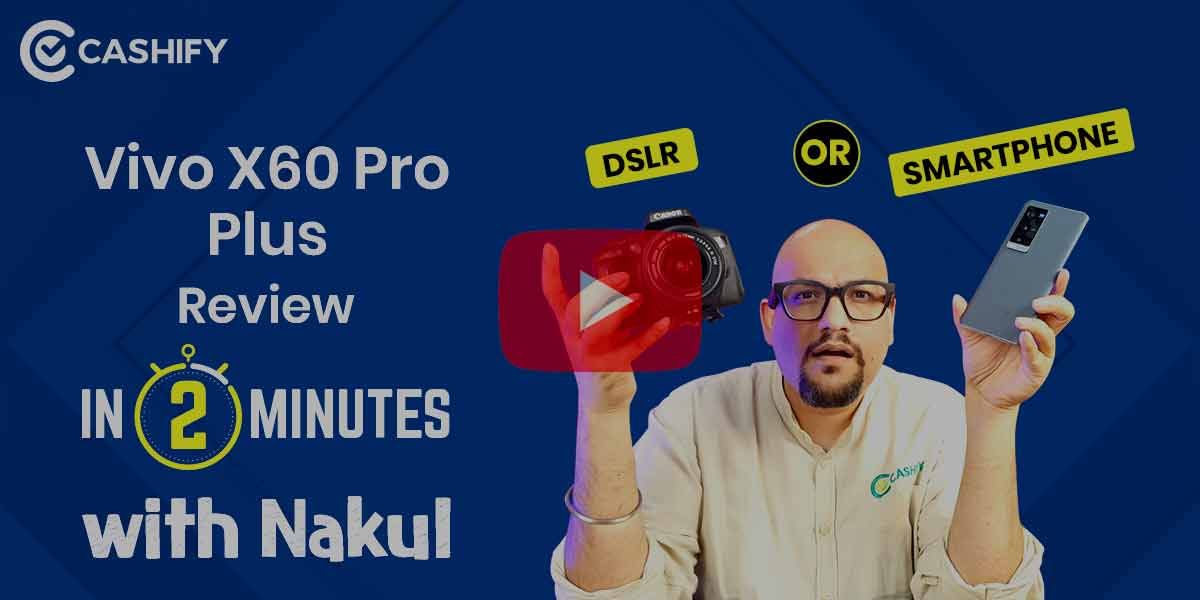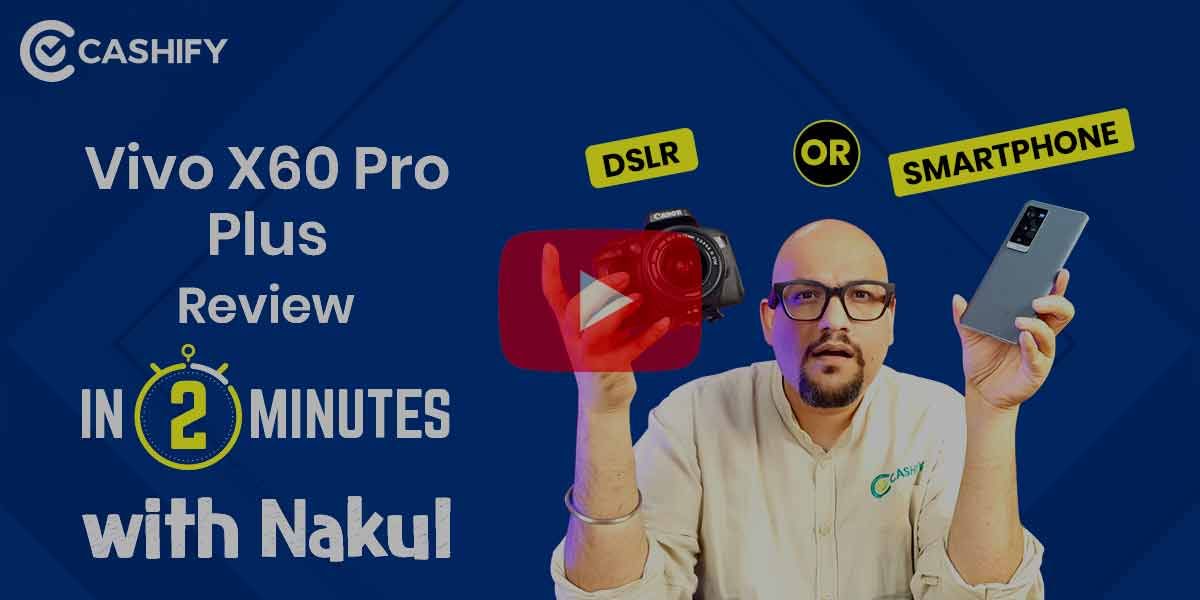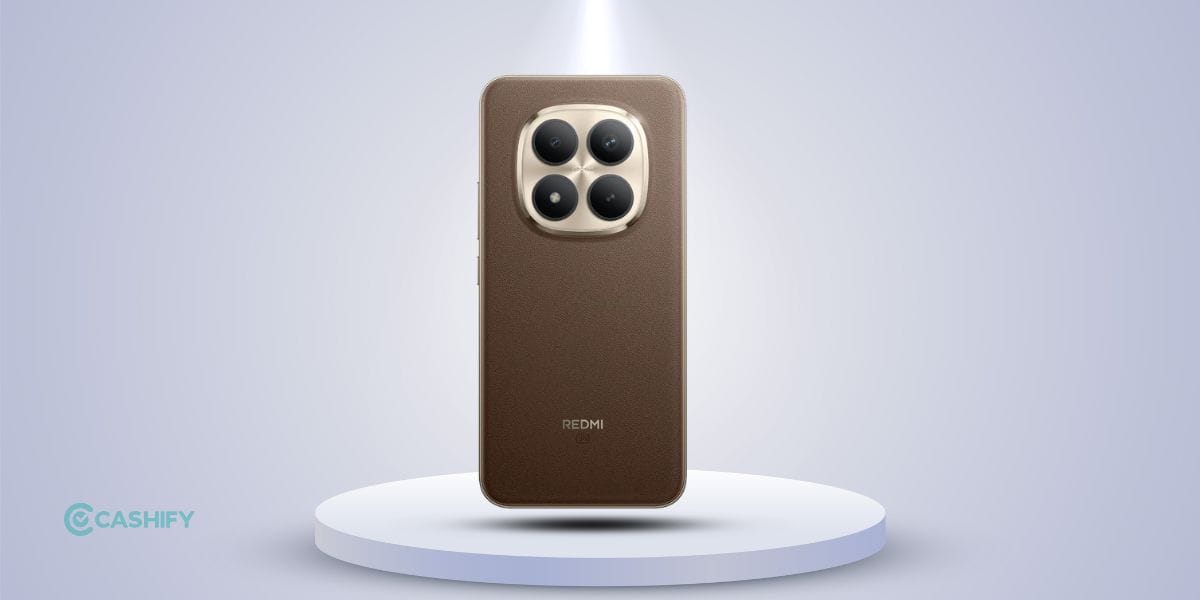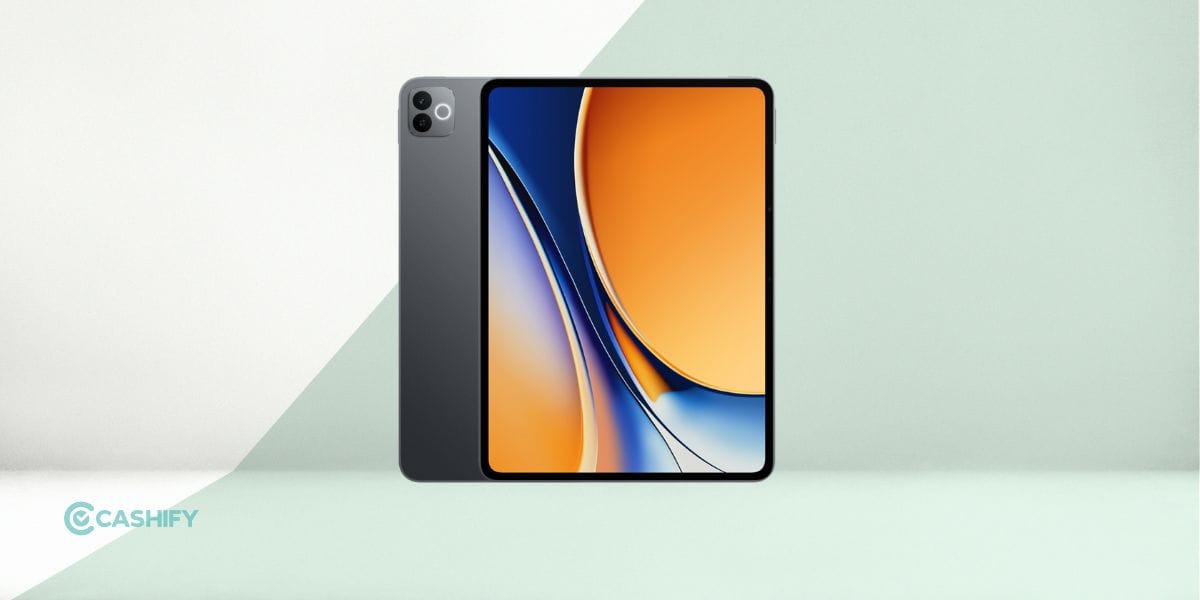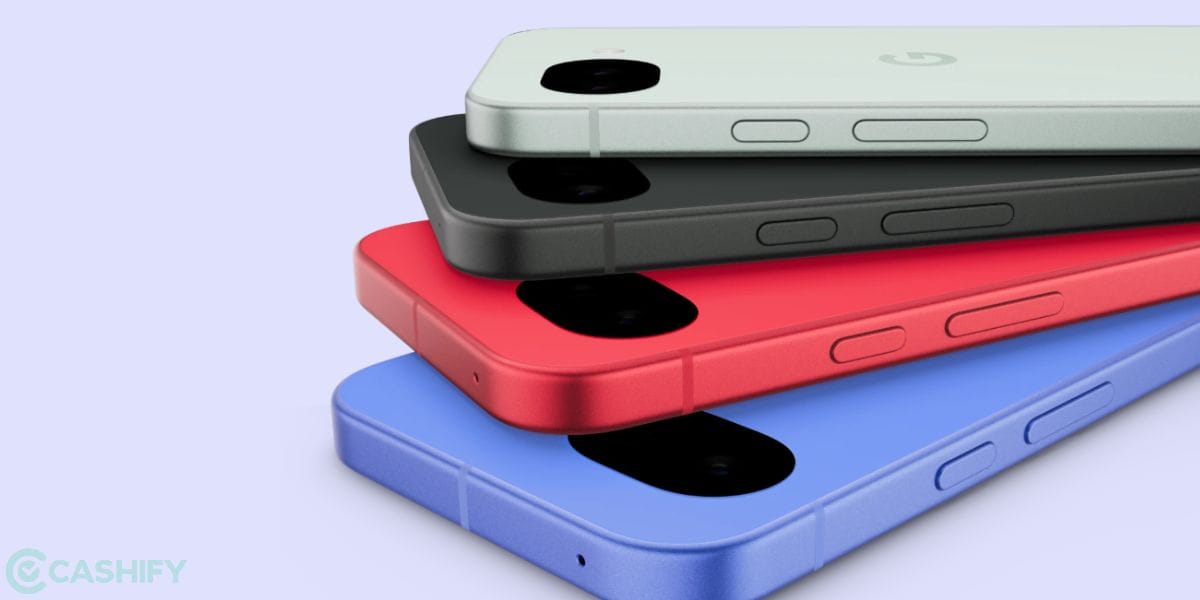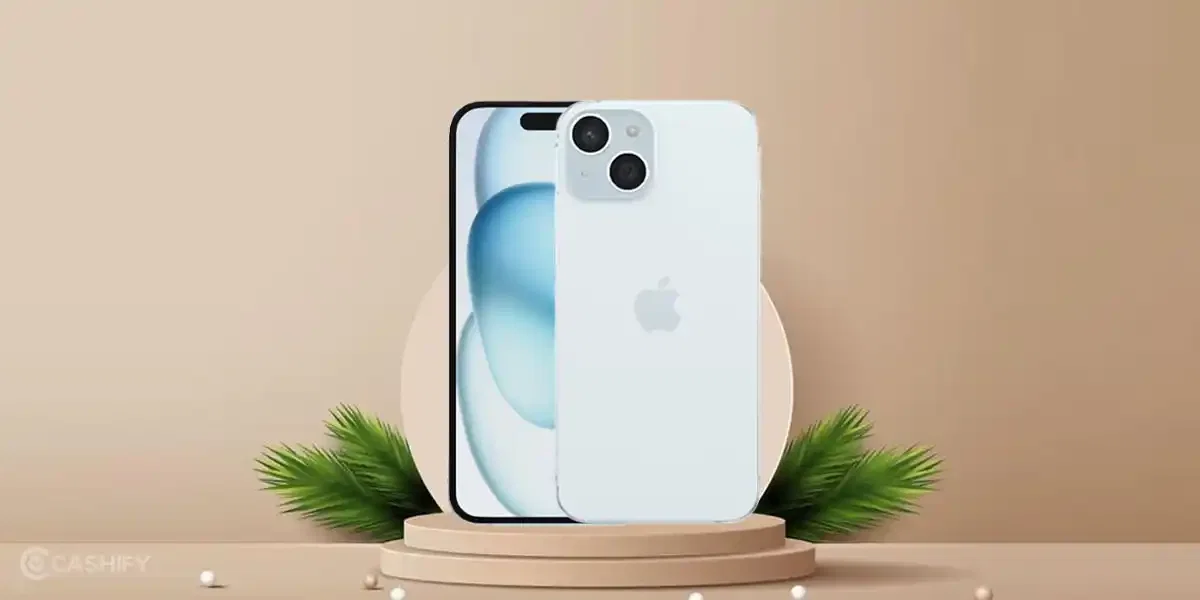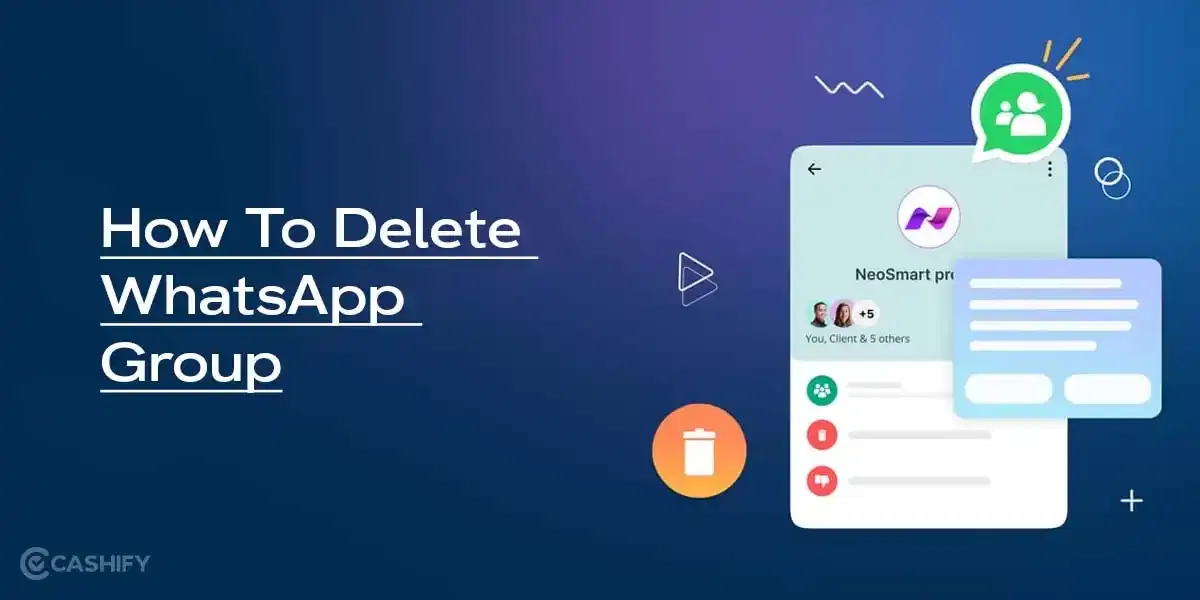Introduction
After the huge success of Redmi Note series in the past, Xiaomi is back again with a killer phone to dominate the mid-price range segment with its new Redmi Note 7 and Note 7 Pro. Redmi note 7 just is a stripped-down version of Redmi note 7 Pro with a slightly low-end processor and a downgraded camera everything else is just the same. The non-pro variant is great with almost everything one can need in a normal daily usage smartphone.
With this new addition to Note series, Xiaomi has refreshed the lineup and set a new benchmark for the upcoming smartphone. Xiaomi is known for its aggressive pricing and great specs and this time too it has done the same. The new Note 7 and Note 7 Pro have some great upgrades as compared to their predecessors in terms of performance, camera, and design.
So, without any more delay, let’s get into the detailed review of Redmi note 7.
Price in India, Variant, and Availability
Redmi Note 7 comes in 2 storage variants – 3GB+32GB and 4GB+64GB, and 3 color variants which are Sapphire Blue, Onyx Black and Ruby Red and all the color variants look pretty amazing. The 3GB base variant is priced at INR 9,999 while the 4GB variant will cost you INR 11,999. (Price source store.mi.com).
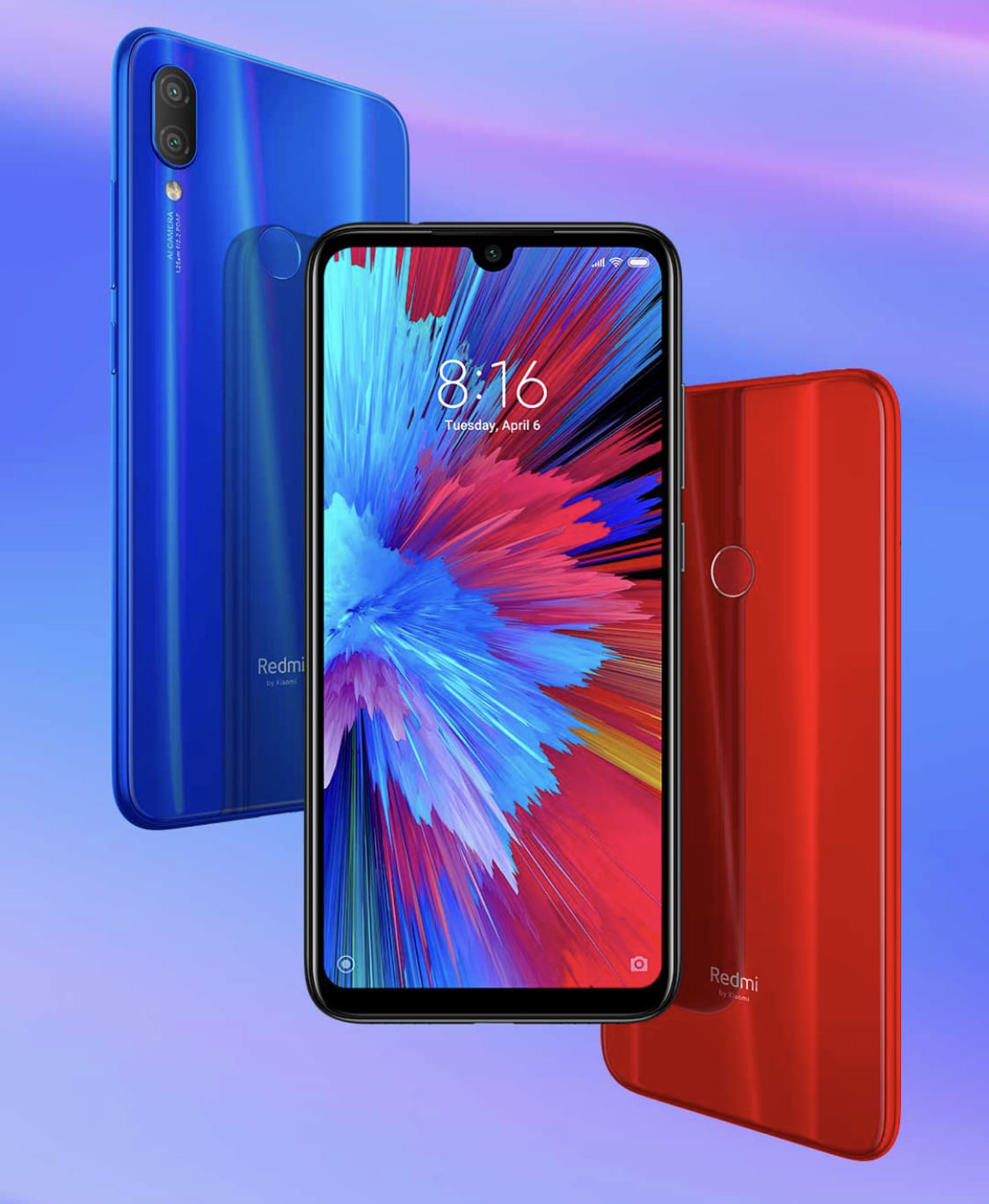
This phone can is purchased from all major online stores including Amazon, Flipkart, and the Mi store. At the time of writing this review, the phone was available for INR 9,999/INR 11,999 from Mi store and INR 11,999/INR 13,999 from Amazon and Flipkart.
Box Contents
The phone comes inside a very minimalistic compact designed box with Redmi Note 7 written in beautiful vibrant colors at the bottom left. The unboxing is pretty simple and everything is fitted inside very compactly hence saving space. The protective clear case is the first thing in the box and then the device itself. The section below it has all the accessories like User Guide, Warranty Card, Charger, USB Type-C cable, and SIM ejector tool.
The charger included is a normal 5V/2A charger which is in fact not a fast charger while the device supports fast charging. The USB-C cable is of good quality and provides good data transfer speeds.
Here is a quick overview of what you’ll be getting inside the box:
– Redmi Note 7 (Device)
– Clear Protective Case
– 5V/2A Charger (Not fast charger)
– Type C USB cable
– SIM ejector tool
– Manuals and documentation
Specs at a Glance
Before we share our thoughts on the Redmi Note 7, let’s have a quick glance at the specifications.
– Display: 2340×1080 FHD+,409 PPI, 19.5:9 aspect ratio
– Processor & GPU: Qualcomm Snapdragon 660 Processor, Mali-G76
– RAM & ROM: 3GB/4GB RAM, 32GB/64GB Storage
– Rear Cameras: 12MP+2MP
– Selfie Cameras: 13MP
– Battery: 4000mAh, Supports Qualcomm Quick Charge 4 Technology
– Software: Android 9, MIUI 10
– Dimensions: 159.21mm x 75.21mm x 8.1mm
– Price: starts from INR 9,999
With specs being cleared, let’s jump right into our comprehensive review.
Design and Build Quality
Xiaomi always has always been innovative in terms of design and as it has one of the largest customer bases in India and it knows what the customers want. Xiaomi has always been up to date with the latest trends in design and implemented them beautifully.
They take customer feedback into serious consideration and has improved various things in the new Redmi Note 7 like making the notch smaller and less intrusive as compared to the Poco phone which has a wide and unpleasant notch.
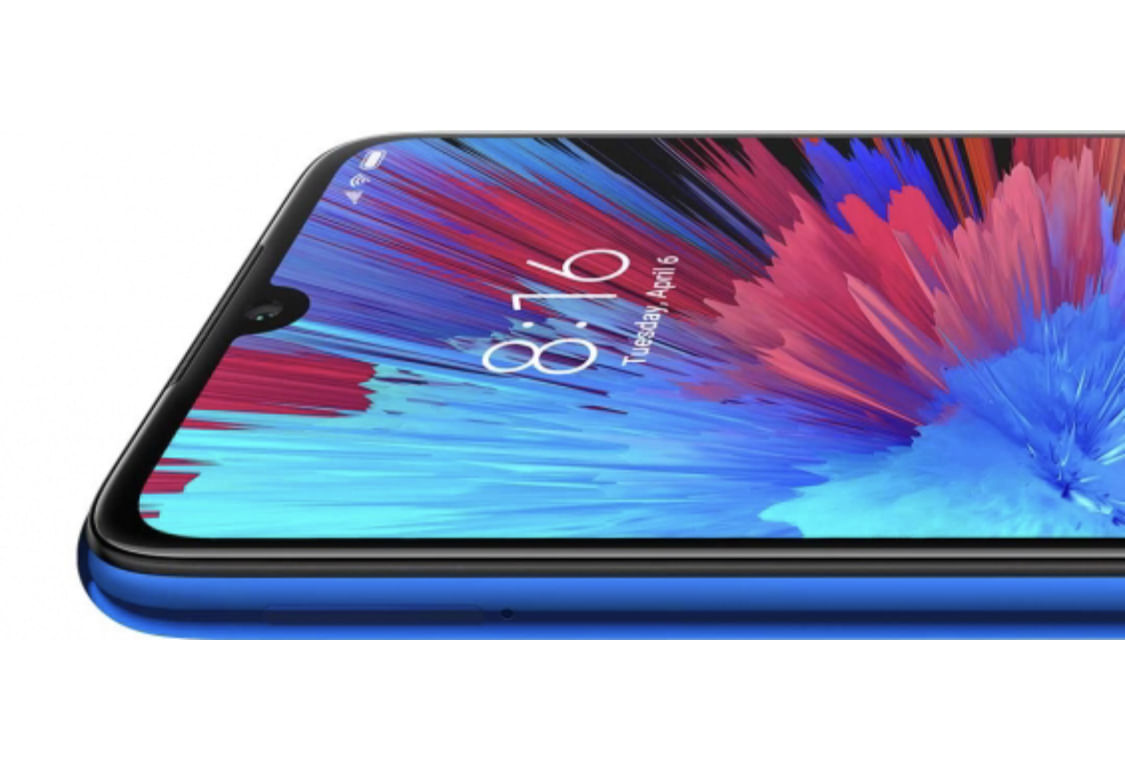
Redmi note 7 is the best looking out of all Redmi Note series smartphones. It comes with a beautiful waterdrop notch just big enough for the camera but also small enough to not block anything important on-screen. The design is really good and the phone is actually made up of plastic but because the finish is very good and smooth it still feels good and looks premium-ish.
In terms of design, the Note 7 and Note 7 pro are same and comes with a 6.3-inch bezel-less Full HD+ display and a beautiful waterdrop notch which is just big enough to accommodate the camera and because of the small waterdrop notch, you’ll always get the most out of your screen. The front has no speaker cutouts for calls instead it is located underneath the screen.
If we look at the back, we get a dual-camera setup on the Right-top corner aligned vertically with a dual led flash just below the camera. The fingerprint sensor is at its usual place that is the middle of the back-panel like all another Xiaomi phone. Personally, I think this fingerprint reader placement is most easy to reach and more sensible.
The fingerprint reader can also be used as a camera shutter button if needed. This can be enabled in the settings menu. The back is made up of plastic and it is very much prone to scratches so it is recommended to use the clear case.
At the bottom, we have 2 grill cutouts for one speaker and one microphone respectively and a USB Type-C port for charging and data transfer. It seems like there is no kind of protection for water damage in USB port or the grills so be careful with water around your phone.
At the top, we get a 3.5mm headphone jack and an IR blaster which can come very handy in many situations. I personally don’t care about remotes anymore and control all my devices with my phone only.
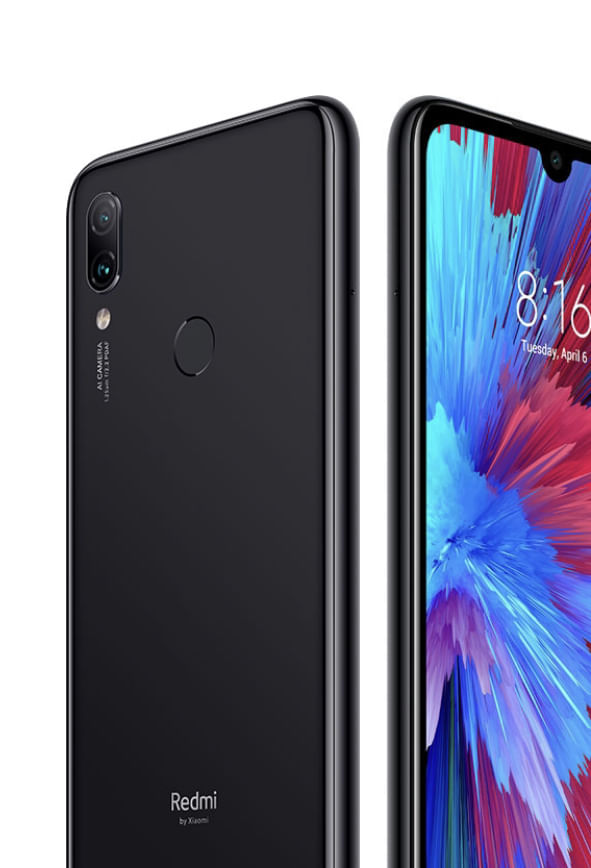
Overall, Xiaomi has done a superb job in the design section considering the price of this device. The device has a really good finish and it just feels great to hold one in hand.
Display
Redmi Note 7 is equipped with a massive 6.3-inch Full HD+ display having a resolution of 2340×1080 pixels, pixel density of 409 PPI and aspect ratio of 19.5:9. After some failed attempt at using a rectangular notch, Xiaomi finally decided to go with a more realistic and less intrusive waterdrop notch which is a huge improvement in design.
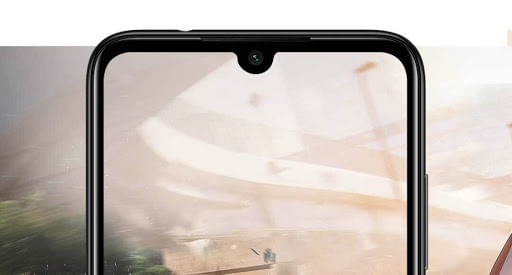
The display also has some handy features like Color temperature adjustment, Sunlight display mode, night display mode, and reading mode. It is recommended to use the night mode to prevent eye stress caused by blue light and the inbuilt feature really turns out to be helpful in this case. All these settings and display mode can be accessed from either notification panel or the settings menu.
The screen is very bright and the brightness can reach up to a maximum of 450 nits. Being that bright there comes no problem to see the display even in the direct sunlight conditions. Most of the time brightness is automatically adjusted by the device depending on the lighting condition so you’ll rarely need to touch the brightness slider.
I felt like the display colors are a bit cold so I needed to calibrate the color according to me but you might find it just perfect otherwise you can always calibrate color according to your preference.
Performance
Redmi note 7 is getting its power from a Qualcomm Snapdragon 660 Octa-core Processor which uses 14nm FinFET technology and can reach up to a max clock speed of 2.2GHz. The powerful processor is coupled with a 3GB/4GB Dual-channel RAM and 32GB/64GB eMMC 5.1 ROM.
The processor and RAM combination is good enough to give a super smooth performance for daily usage. I didn’t face any lags or performance drops during my testing. Redmi Note 7 scored 1,35,068 points in AnTuTu benchmark beating Asus Zenfone Max Pro M2, Realme U1, and Honor 8X by a close margin.
And yes, you can play PUBG at high settings too if that concerns you. 32GB/64GB might still be not enough for some people but thankfully you can just slide in an SD card and expand the storage up to 256GB.
Software
As for software, Redmi note 7 runs on the latest Android 9.0 Pie out-of-the-box alongside with the famous MIUI custom ROM designed and developed by Xiaomi itself. MIUI has gained its popularity in terms of features and ease of use.
MIUI has tons of add-on features which are generally not present in a stock android like a compass, AI camera, Slo-Mo recording, MIUI themes, and various customization options.
MIUI might be flooded with bloatware depending on where you buy the device from. The Chinese version of the phone is full of bloatware and doesn’t come with play store while the Indian version has less bloatware and does ships with play store preinstalled.
What I liked the most about the MIUI is that it has lots of customization options and it has always something to offer. The MIUI store has a massive collection of themes, fonts, ringtones, and wallpapers, and everyone can find something for themselves there. The lock screen has a feature called Wallpaper carousel which changes the lock screen wallpaper periodically and shows some very interesting facts straight from the internet.
The MIUI remote is also one of the exclusive features for devices with IR blasters and it is a very useful app with a simple design.
MIUI has improved a lot in the past. I have used MIUI 7, MIUI 8, MIUI 9 and MIUI 10 and I have seen great improvements in performance and overall design during the long period of time. MIUI is definitely climbing its way up to become one of the best Custom ROM alternative to Stock android but there is still room for improvement.
If you’re not a huge fan of MIUI, then give a try to these custom ROMs: AOSPX, Oxygen OS by One Plus, One UI by Samsung.
Cameras
Redmi note 7 has a dual rear camera setup of 12MP – f2.2, 1.25μm large pixels and 2MP – f2.2, 1.75 μm large pixels. Working together these sensors take great photos but in honest opinion, the camera of Note 7 Pro is many folds better than the camera of Note 7 but at a cost of INR 3,000 more.
Redmi note 7 pro packs a dual-camera configuration of 48MP – f1.79, 1.6 μm large pixels and 5MP – f2.2, 1.12 μm large pixels. The secondary camera doesn’t play any major important role instead it works as a depth sensor and is only used when taking bokeh mode photos.
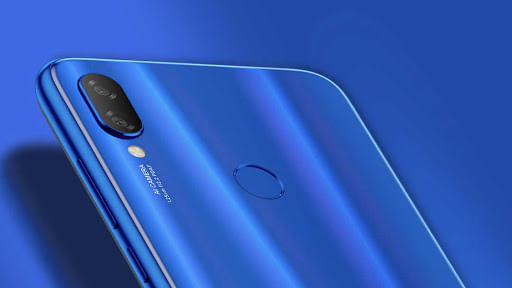
Redmi note 7 uses Auto mode by default to set exposure, focus, shutter speed and ISO for the best results automatically but if a user wants full manual control over these parameters then they can get that by entering into manual mode. For most of the time, auto mode just works perfectly and results in crisp detailed and colorful pictures.
The daylight shots on this phone are just exceptionally good and detailed and color balanced. There are issues with Oppo and Vivo phones sometimes that their photos seem over-processed because they use aggressive software enhancements while in case of Redmi software enhancements are not used that much and it never feels like the image was over-processed.
There is very less loss of details and low noise in the pictures. The color balance is very good and the picture feels natural. This phone performs fairly well in low light conditions but can’t complain much at this pricing.
On the front, there is a single 13MP camera for selfies and portraits. The selfie camera works as expected with lots of details and high exposure. The MIUI’s beauty mode is also present with some AI enhancements which makes the subject more beautiful but I prefer to use the camera with beauty mode off.
Overall, Redmi Note 7 has a good camera but it might be worth it to upgrade to Redmi note 7 Pro for a way better camera at a cost of INR 3,000. The daylight performance and indoor shots are great on Redmi note 7 but it does struggle a bit in low light conditions.
Battery Life
Just like every other Note series smartphone by Xiaomi, Redmi note 7 too packed with a massive battery of 4000mAh which can easily last 2 days for a moderate user. The device roughly gets a screen on time of 7-8hrs on a single charge.
In my case when testing this device, I used it for a few weeks with Wi-Fi on at the time and Mobile data on for around 3-4hr/day. My daily usage was as follows 1-2hrs of Instagram surfing, 1-2hrs of video streaming on YouTube and few hours of gaming (PUBG) and at this usage pattern my charge lasted an entire day for most of the time with still some juice left to browse Instagram for another hour at the end of the day.
Apart from the great massive battery the smartphone also supports Qualcomm Quick Charge 4 Technology but the adapter shipped with the phone is a regular 5V/2A charger. To take advantage of Quick charge 4 you’ll need to buy a separate Qualcomm Fast charger which would cost somewhere around INR 1,700. In my opinion, the phone should ship with a fast charger if it supports fast charging.
Pros and Cons
Pros
– Excellent and beautiful display
– Premium-ish build
– Very Affordable
– Massive battery
– Snappy performance
Cons
– The rear camera could have been better
– Not everyone might like MIUI
Redmi Note 7 is a fabulous phone and it is perfectly balanced in terms of performance and price and quality. When it comes to displaying, quality, camera and performance this is so far the best phone in the Redmi Note lineup and also the best phone under INR 10,000. This phone has set a new benchmark for the new phones that are about to come in the future in this price range.
The most impressive part of this phone for me was the display and battery. I was really disappointed but also excited to find out that Note 7 pro just costs INR 3,000 and has a lot better processor and more RAM and a breathtaking camera of 48MP.
I really enjoyed using this phone It was a great experience. I never faced any lags whatsoever during my time with this device. This device is giving a really tough competition to every other phone in the market right now.
Finally, I think if the camera is not your major concern, then go for Redmi note 7 because it has everything that a normal user needs and it would not disappoint you. But if you really want a good camera phone then definitely go for Redmi Note 7 Pro but it would cost INR 3,000 more on your wallet. Choose your poison wisely.

